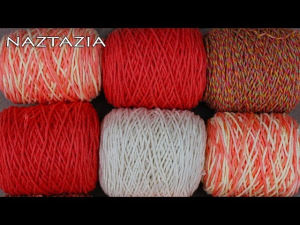It can be confusing to know what wool to choose with the vast array of fibres, weights, and variations on the market. As a beginner, the huge range can be overwhelming. Important considerations are the ply, stretch and spin of a yarn.
Types of wool
According to Love Crafts the following should be taken into account.
Choosing wool with a suitable weight or thickness or weight of the yarn. This is known as the ‘ply’. The most commonly used is DK – or double knit. This is an easy to use and readily available yarn for beginners. Alternatively, using the thickest yarn available, such as chunky or super chunky, is a great starting point. Chunky knits are available in fun shades, knit up quickly and have excellent stitch definition, making them easy to work with. On-trend chunky knit throws or scarves are an ideal beginner’s project.
Usually, yarns such as wool, have more stretch than synthetic yarns. Having a bit of give to the yarn allows knitting techniques to be perfected with ease. There are some great synthetic and wool blended yarns available, which are both easy to use and give a high-quality finish whilst being soft on the skin and easy to care for once the project is complete. A wool blend is also a more purse-friendly option than something such as merino or pure wool.
Simple spun yarns are less likely to divide, unlike complex yarns such as chain stitch, which are split more easily and may prove difficult to work with whilst mastering a knitting technique. Using a yarn with a simple spin allows for a clean and tidy finish to your stitches.
Yarns on skeins, or wound into balls, are perhaps the easiest to work with when starting out. When wool is wound up into a ball, it can be unravelled gradually and easily.
Getting started
Blankets and scarves are great starting projects, usually simple and quick to complete, making them ideal for beginners. Or take a look at specialists such as Wool Couture for more inspiration. Alternatively, there are some great, cost-effective knitting kits that include everything you need to get started. Kits are a great way of taking out the guesswork of what materials, yarns and needles will be required.
Knitting is a fun, relaxing and highly rewarding pastime, enabling the creation of a wealth of appealing projects.


